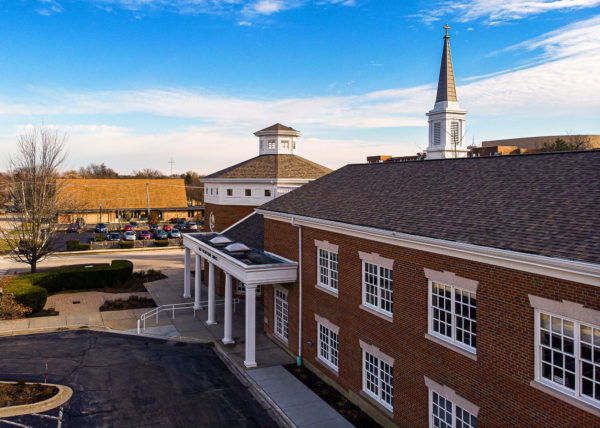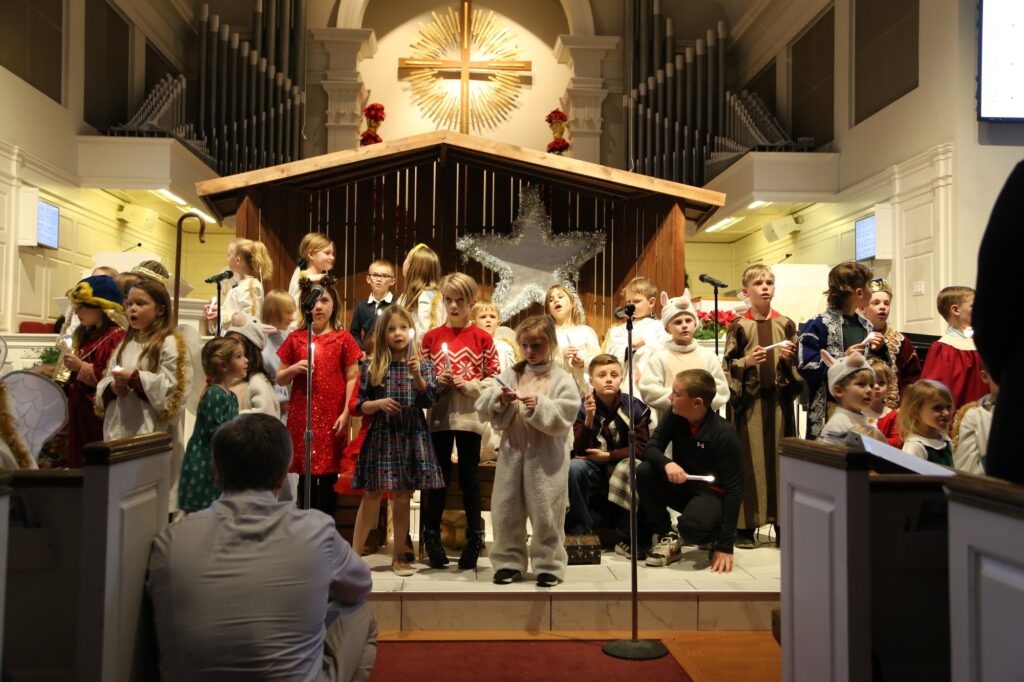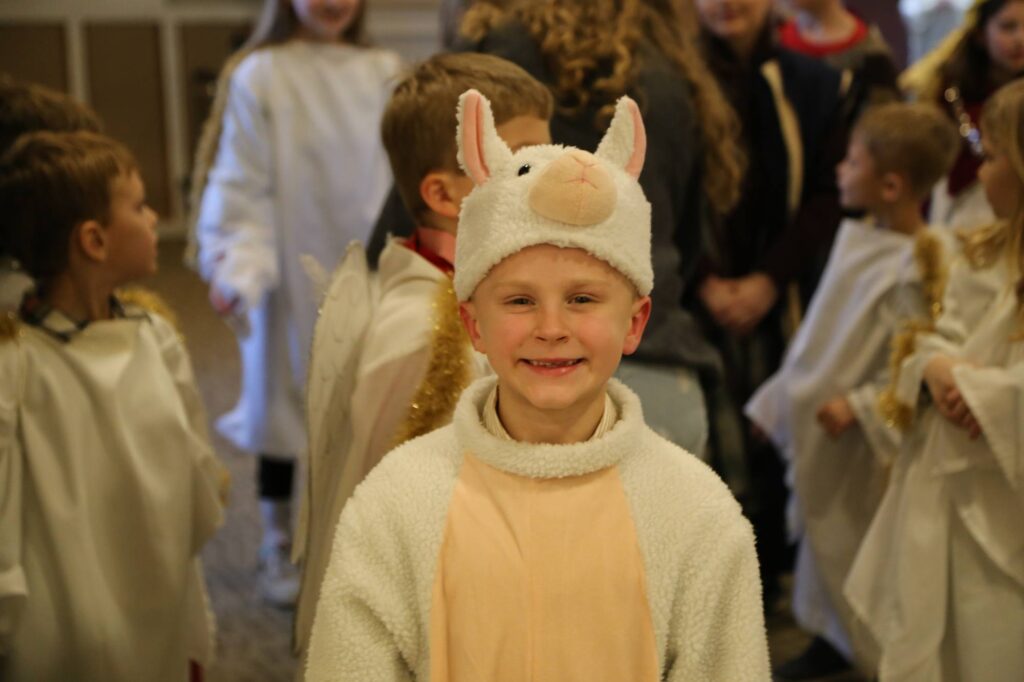If you didn’t get a chance to listen to Judy’s sermon from this past Sunday, I would highly recommend doing so. Her message from the parable of Lazarus and the rich man is one that we all really need to take to heart as followers of Jesus. For my devotional, I want to examine an element of the theology found in this parable that has always fascinated me—the chasm between heaven and hell.
If you recall in the parable, once Lazarus and the rich man die, Lazarus goes to heaven, while the rich man is burning in agony in hell. The rich man calls out to father Abraham for help, but Abraham says, “Child, remember that during your lifetime you received your good things, and Lazarus in like manner evil things; but now he is comforted here, and you are in agony. Besides all this, between you and us a great chasm has been fixed, so that those who might want to pass from here to you cannot do so, and no one can cross from there to us.” (Lk. 16:25-26)
There’s a couple of elements of these two verses that have always grabbed my attention. The first is the idea that heaven is reserved for those who suffer hell on earth. Lazarus suffered horribly while he was on earth, and the insinuation from this parable is that heaven is a means of compensating those who are dealt a bad hand in life. Likewise, those who have been dealt a good hand, where they do not suffer because they are blessed with resources, if they are not generous with their resources, will suffer hell in the afterlife.
The message of this parable is that the afterlife is the inverse of our present reality where the first are last and the last are first. However, when the two men find themselves in this new reality, the parable describes how they are now fixed in their positions forever. Lazarus will remain permanently in heaven and the rich man permanently in hell. The parable describes how there is a chasm that separates the two realities. More importantly, the chasm cannot be bridged.
If we take the message of this story literally, then the parable is telling us we have one shot to get our lives right. If you have resources, you must share those resources with the less fortunate to help improve their circumstances. If you ignore the suffering of others, the consequences are quite dire because they last forever.
Personally, I struggle with this type of theology because it contradicts my belief in an unconditionally loving God (like what we find in the parable of the Prodigal Son), who is willing to forgive us no matter how badly we mess up. In my theology, if there is a chasm between us and God, we are the ones who create it, not God. If the parable of the Prodigal Son is any indication, from God’s perspective, the door is always open, and God will always welcome you back with open arms. We simply must be willing to walk through it.
So, which one is it? Do you get one chance to do this life right or can we make a huge mistake like the rich man and possibly be forgiven for such a selfish transgression? My perspective is a combination of both perspectives. Live your life as though you only have one shot to do it right and hope that God will forgive you for the mistakes you made along the way.
This parable is a major reason why you hear me preach so often about making a difference for those who have been dealt a bad hand in life. If we are looking for ourselves in the parable, we definitely reflect the rich man way more than we reflect Lazarus, who was living in abject poverty. Although the members of our congregation are not rich by the standards of wealth in today’s world (think billionaires like Warren Buffet, Bill Gates, and Jeff Bezos), our lives are very similar to that of the rich man in the parable. We have as much food as we desire, a roof over our heads, clothes to keep us warm. We live comfortable lifestyles where lack of money is not a major source of worry, which was rare in the ancient world.
Therefore, I think it is important for us to take the message of this parable to heart: it is incumbent upon us to bridge the chasm between the rich and the poor. We must use our resources to lift up those who, through no fault of their own, were not given the opportunity or the ability to make a better life for themselves. If we take this message and make it the major focus of our Christian faith, then hopefully when we die, God will be welcoming us right alongside Lazarus.
Pastor Alex




